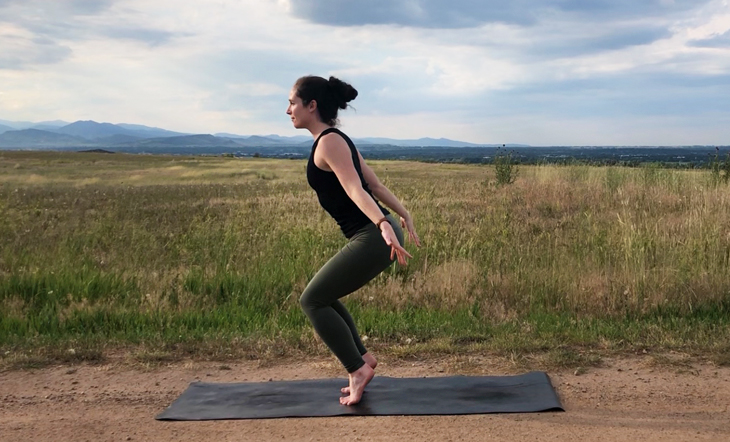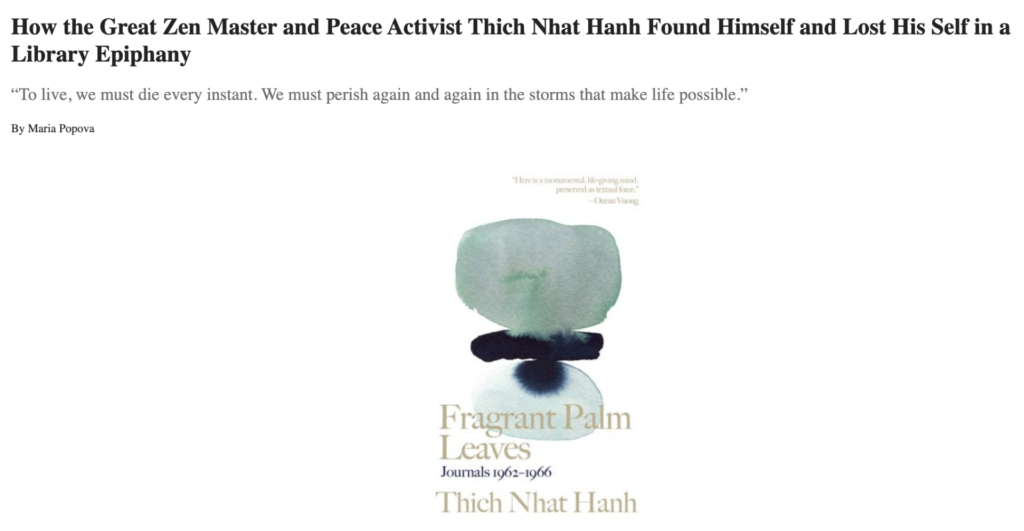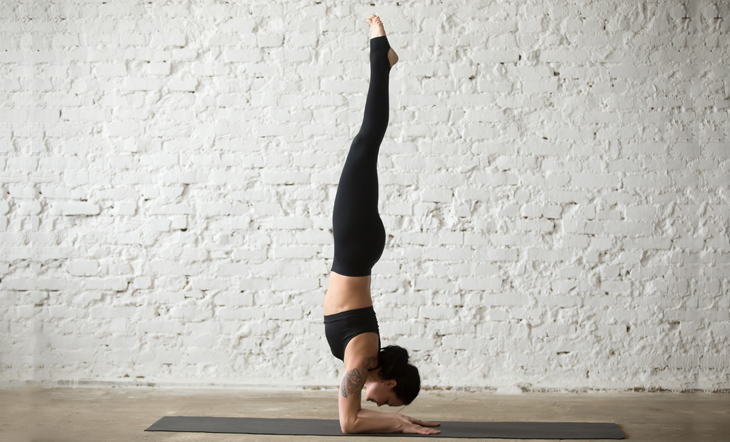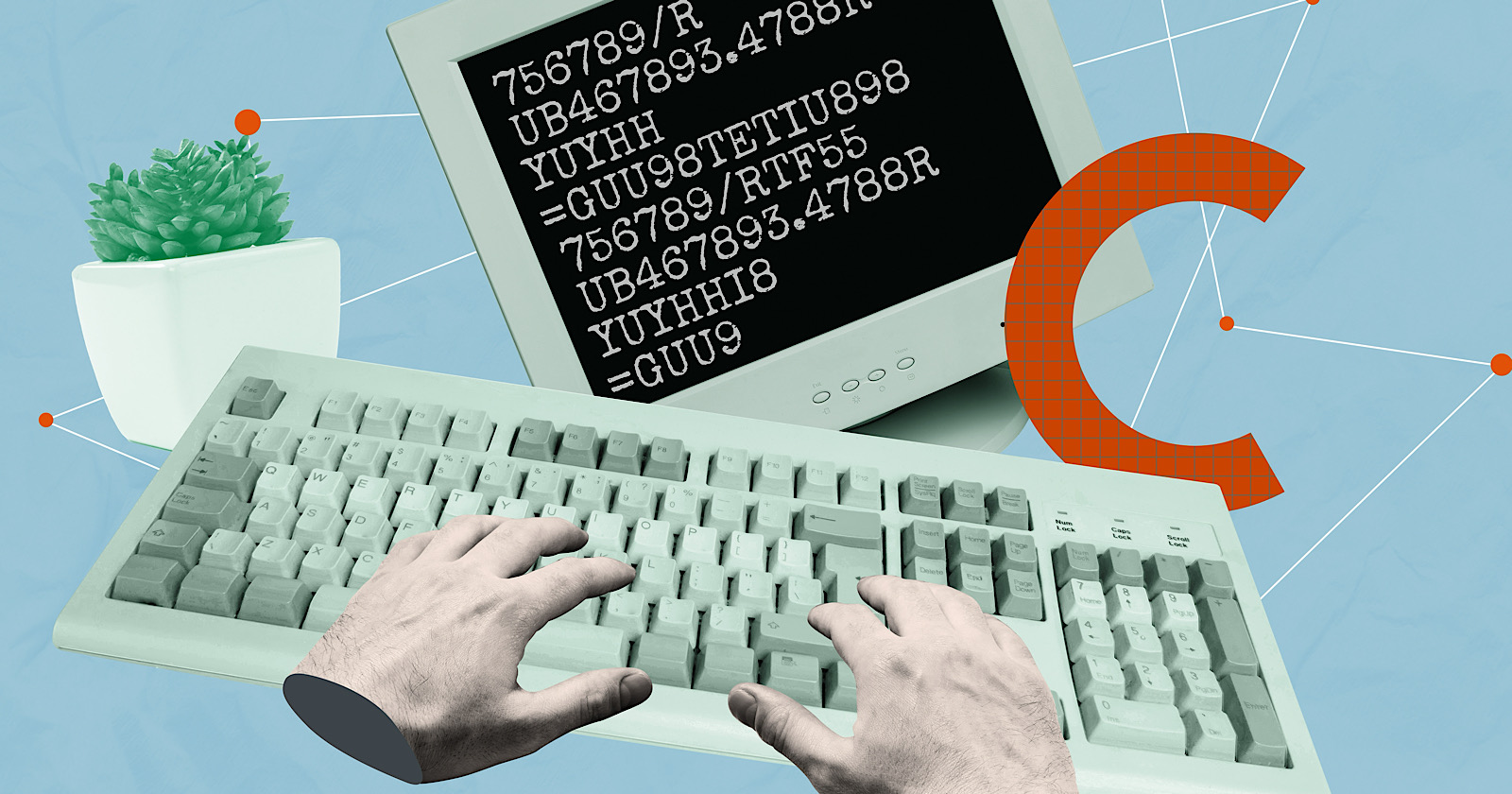Study Shows Doing This Gives Your Brain A 24-Hour Boost (No Caffeine Involved)
Don't miss out on these memory benefits!

Advertisement
This ad is displayed using third party content and we do not control its accessibility features.

Registered Dietitian Nutritionist
Registered Dietitian Nutritionist
Molly Knudsen, M.S., RDN is a Registered Dietician Nutritionist with a bachelor’s degree in nutrition from Texas Christian University and a master’s in nutrition interventions, communication, and behavior change from Tufts University. She lives in Newport Beach, California, and enjoys connecting people to the food they eat and how it influences health and wellbeing.
December 23, 2024 Raise your hand if you expect your cup (or three) of coffee to give you all-day energy. While caffeine can certainly perk up your brain and alertness for a bit, it’s not for the 24-hour boost you may be looking for. So if that’s your goal, then you may want to shift your focus to exercise. That’s right. Exercise not only improves your cognition and mood in the moment and shortly after, but a new study shows it can have a more lasting effect on your brain. 
About the study
Researchers of this study aimed to determine how physical activity (or inactivity), as well as sleep quality, impacts a person’s cognition the following day.
To do that, a total of 76 British adults wore a sleep and activity tracker for eight days and took daily cognitive tests to evaluate attention, memory, and processing speed.
Even 30 minutes of exercise can improve cognition
And it was the moderate-to-vigorous physical activity that had the most impact on the brain. Results showed that for every 30 minutes of this type of exercise (think anything from a brisk walk to a run, bike ride, or challenging weighted workout) improved both episodic memory and working memory1 the following day.
Moderate-to-vigorous physical activity is likely better than light activity (and much better than no activity) as it improves blood flow to the brain2—making sure the organ gets enough oxygen and nutrients.
What’s a little less surprising is that for every extra 30 minutes of REM sleep and deep sleep, memory and attention span also improved.
The best ways to give your brain a boost
If your brain is feeling a bit sluggish, then the best thing you could do for it is to get more exercise—and possibly time it so you move before cognitively demanding tasks (like work).
Maybe that’s a walk before work or school drop off or a quick workout during a lunch break. Whatever you do, it should be intense enough to raise your heart rate somewhat.
Of course, the importance of sleep shouldn’t be overlooked. But getting quality sleep is always easier said than done. Some good rules of thumb when it comes to sleep hygiene include going to bed and waking up at the same times every day (ideally based on your chronotype), giving yourself plenty of time to unwind in the evening, and getting natural light first thing in the morning to keep your circadian rhythm aligned.
It might also be worthwhile to invest in a reputable sleep aid for a little extra help in improving REM and deep sleep.
If you’re looking for a more targeted approach to improving your memory, then adding certain nutrients into your diet (like omega-3s) or into your supplement routine (like citicoline or resveratrol) also supports long-term and short-term memory.
The takeaway
Boosting brain function involves a holistic approach that combines physical activity, quality sleep, and proper nutrition. Getting more exercise will not only help your brain work more efficiently, but it will also improve your sleep quality.

 JaneWalter
JaneWalter 
































